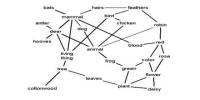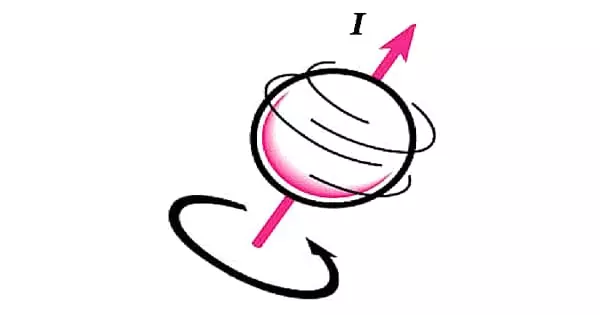Scientists at Virginia Tech’s Fralin Biomedical Research Institute identified neural learning processes associated with depression symptoms and linked improvements in these processes to improved symptoms in research participants being treated for depression.
Brain imaging and mathematical modeling reveal previously unknown mechanistic features of major depressive disorder symptoms. The findings, which were published in the Journal of the American Medical Association (JAMA) Psychiatry, point to distinct pathways to depression symptoms as well as new mathematically guided approaches to treating clinical depression.
According to the National Institute of Mental Health, major depression is one of the most common mental disorders in the United States and can cause significant impairment. An estimated 7.1 percent of all adults in the United States have experienced at least one major depressive episode.
“Current medications and behavioral therapies are helpful, but for many people struggling with depression, existing treatments don’t work well,” said Pearl Chiu, the study’s corresponding author and an associate professor at the Fralin Biomedical Research Institute Computational Psychiatry Unit. “We must consider alternative routes to depression. These pathways, or mechanisms, may point to new treatment targets to investigate.”
Brain imaging and mathematical modeling reveal previously unreported mechanistic features of symptoms associated with major depressive disorder.
The researchers used computational models of brain functioning to investigate depression mechanisms in a novel way. The researchers made a significant discovery when they discovered that symptom improvements following cognitive behavioral therapy were related to improvements in reinforcement learning components that had been disrupted prior to therapy.
“Depression is a serious illness that is a leading cause of disability worldwide. We hope that our work will serve as a bridge between behavioral clinicians and computational scientists in order to more precisely identify what causes depression and to develop new treatments for the illness “Vanessa Brown, a former doctoral student with Chiu in Virginia Tech’s Department of Psychology who is now an assistant professor of psychiatry at the University of Pittsburgh, is the study’s first author.
The study began with a baseline group of 101 adults, both with and without clinical depression. A subset of depressed participants received up to 12 weeks of cognitive behavioral therapy, which involves learning how to identify and correct negative thought patterns.

Participants with depression played a learning game during functional MRI brain scanning before and after cognitive behavioral therapy, while participants without depression played the same game at time points corresponding to those who received cognitive behavioral therapy. The researchers employed computational modeling to identify various processes that contribute to learning. They discovered that specific components of learning about rewards and losses, known as reinforcement learning, were linked to specific symptoms of depression.
“Two of the most intriguing findings are that people with depression learn in different ways and that these learning processes changed when depression symptoms improved after cognitive behavioral therapy. The relationship between the learning components and symptoms is critical “Brooks King-Casas, a co-author of the study and an associate professor with the Fralin Biomedical Research Institute and the Department of Psychology in Virginia Tech’s College of Science, agreed.
According to the researchers, using computational models has the potential to help other researchers and mental health professionals precisely identify new contributors to depression, which could lead to new therapeutic targets.
“For example, for someone suffering from depression, losing a few cents in a game may feel like losing several hundred dollars, or the loss may be difficult to forget. These processes are distinct, but both have an impact on how we learn and the decisions we make “According to King-Casas.
“We quantified some of these learning processes using computational modeling and show that they relate to depression in very different ways,” said Chiu, an associate professor of psychology in Virginia Tech’s College of Science. “The concept is similar to how stress or too much sodium can both contribute to high blood pressure, but what contributes to a specific person’s hypertension may indicate whether they focus on reducing stress or salt consumption as part of treatment. Similarly, in the case of depression, the aspects of learning that contribute to a person’s depression may necessitate different treatment approaches.”
Chiu believes that developing a computational understanding of how cognitive processes interact with depression symptoms is a promising approach. “Now that we’ve linked specific learning components to depression and shown that they change with specific depression symptoms,” she said, “perhaps we can develop new therapies that focus on adjusting these learning components as a way to reduce depression.”
















